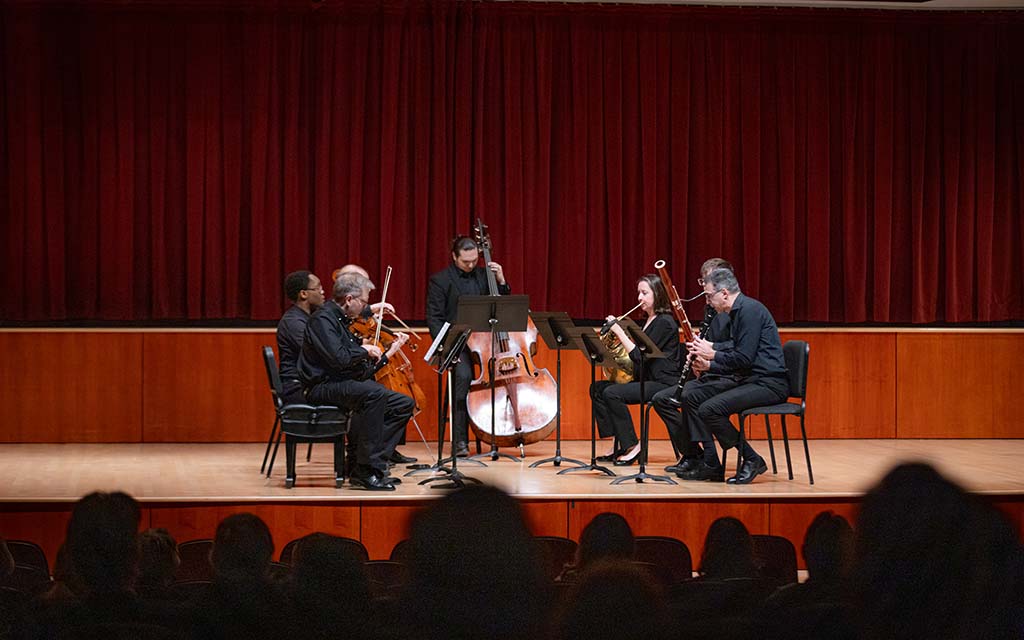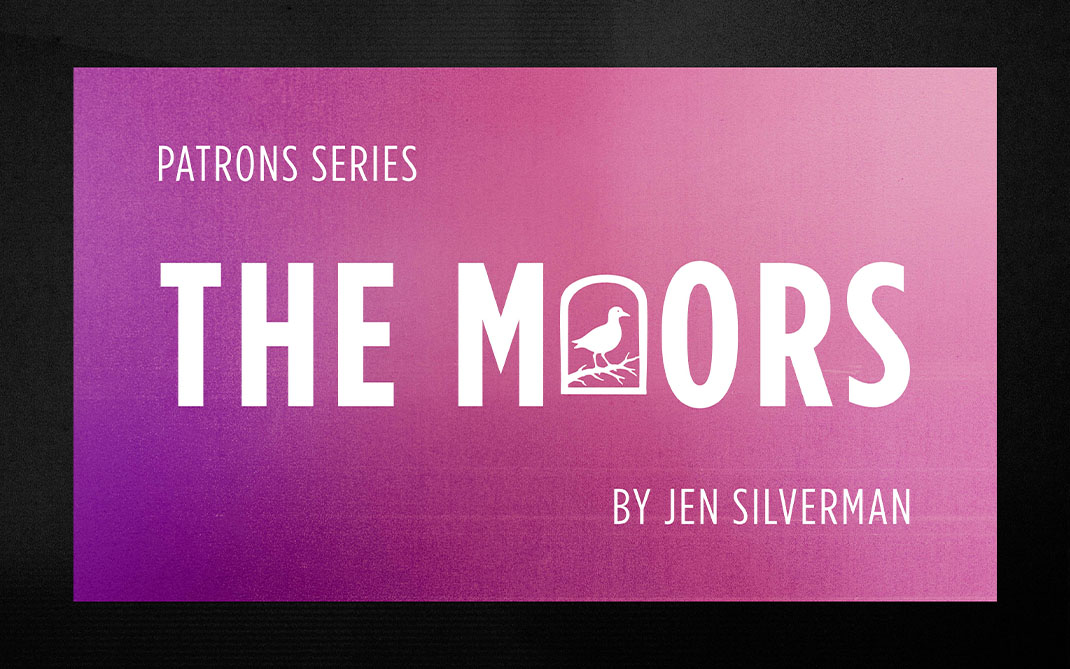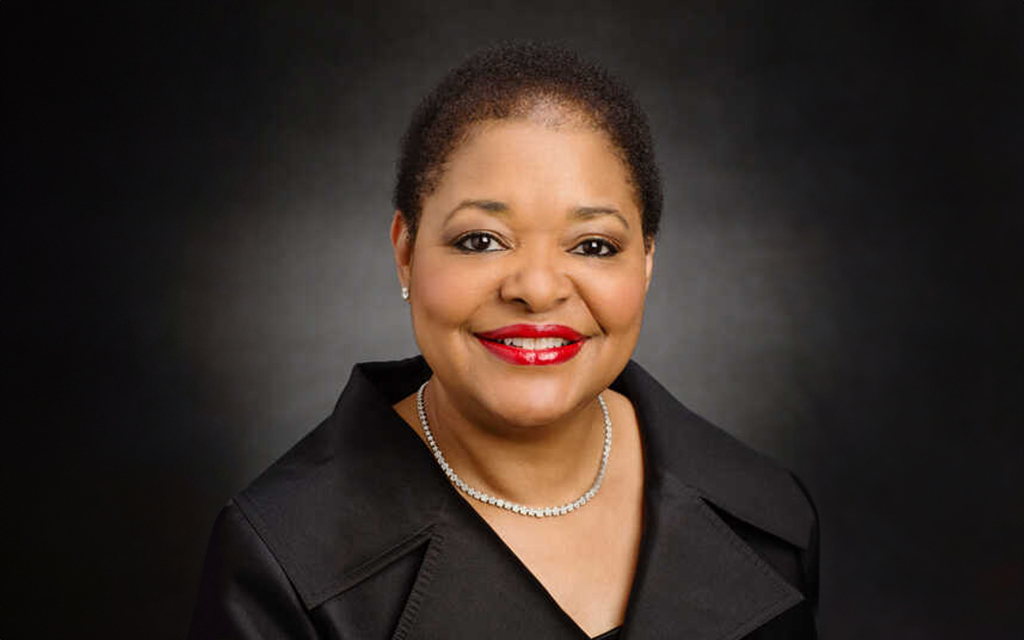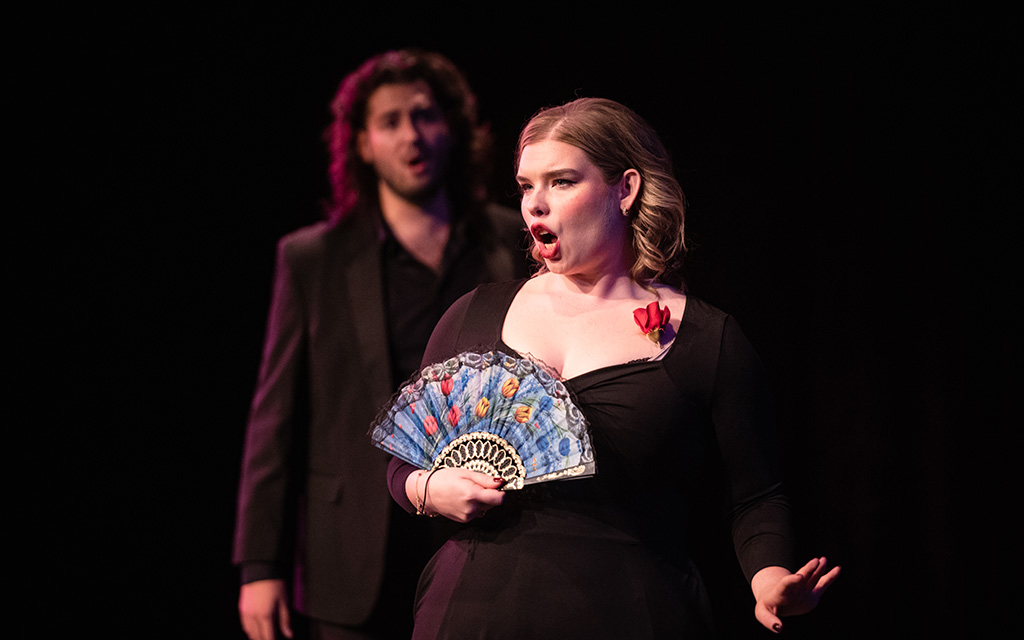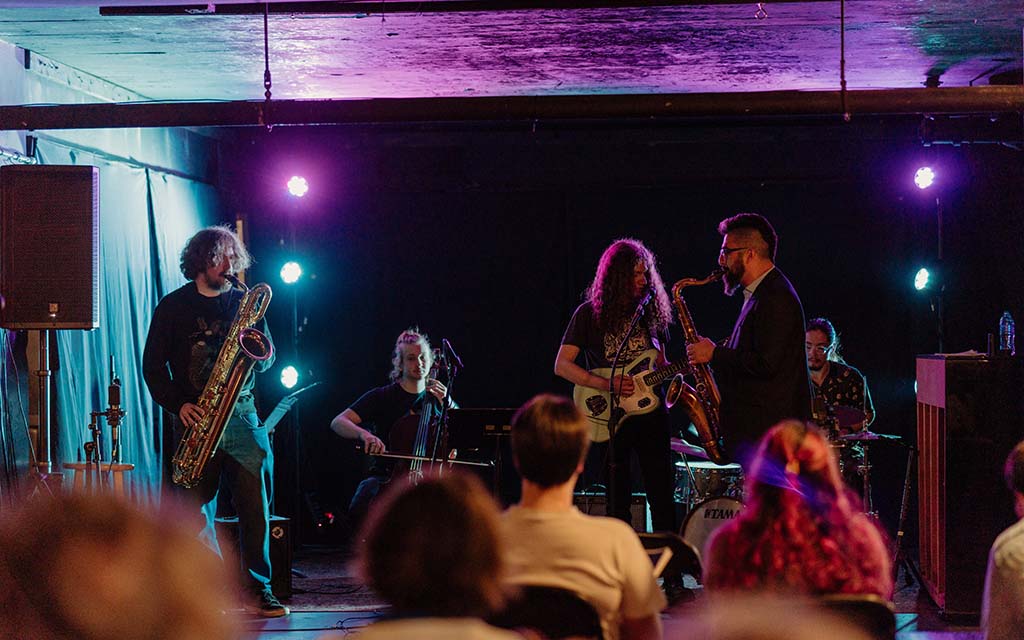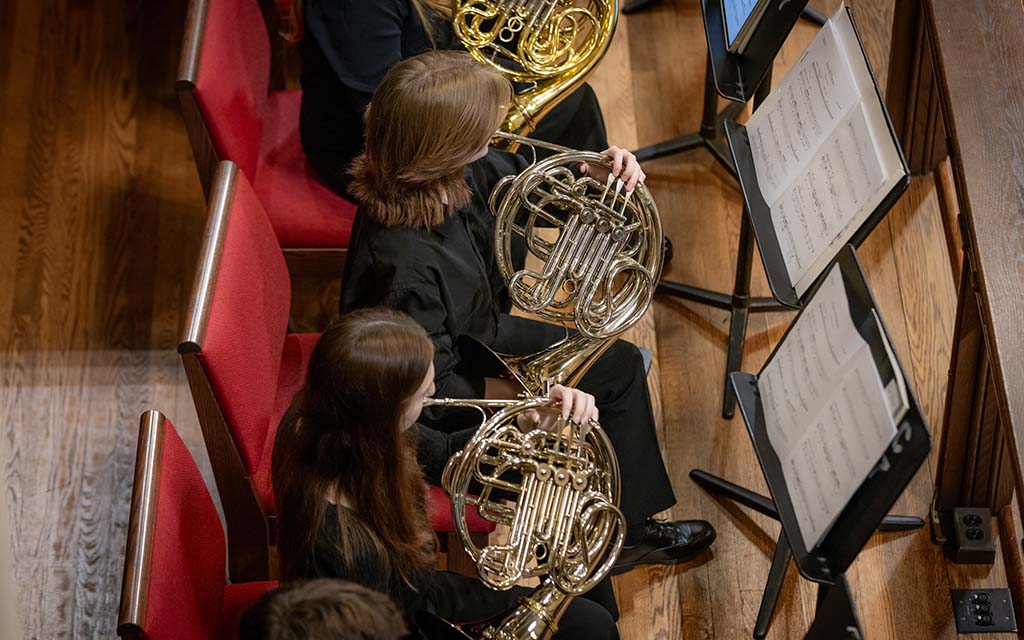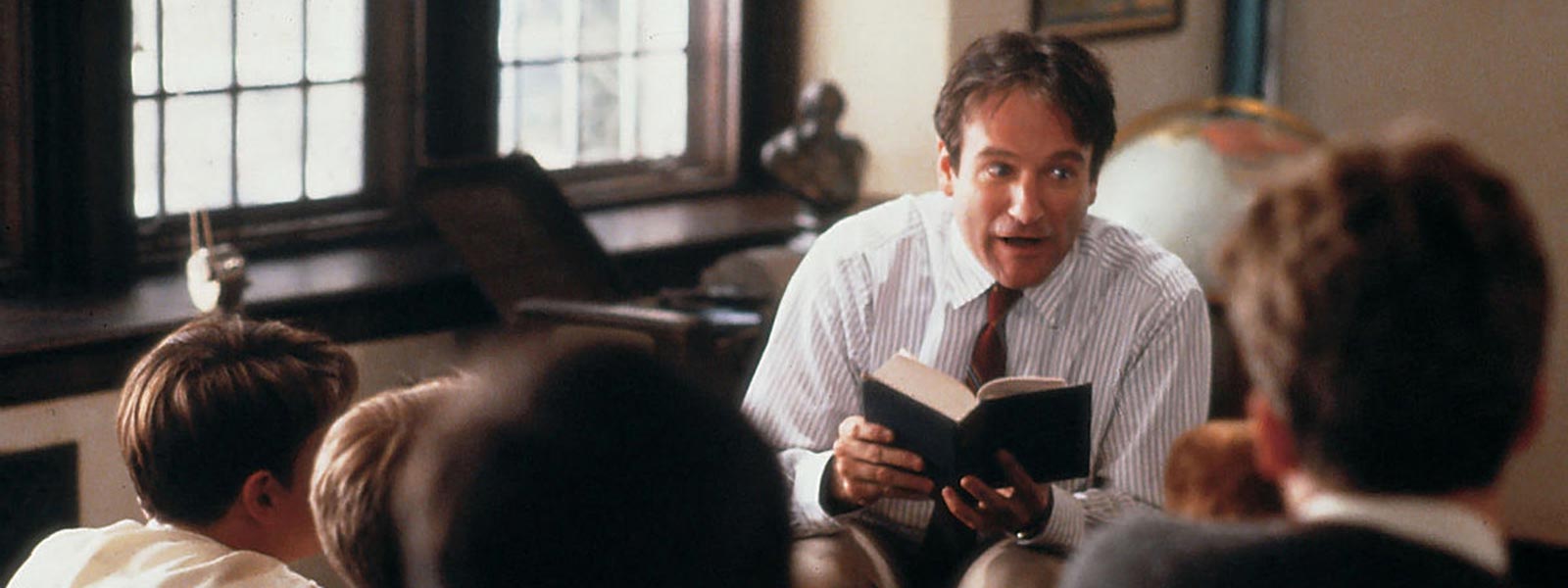Eight career-inspiring movies from faculty and staff in the School of Filmmaking
For some in the School of Filmmaking, working in the film industry was a dream that started at a young age, perhaps a hobby that morphed into a passion and a career. For others, the path was less direct — a possibility discovered unexpectedly along the road to another, unrelated field.
However, each person can point to a particular film (or several) that showed them the magic of filmmaking and convinced them that there was a career in it for them — many of them classics that are now part of the curriculum. Below, faculty and staff share those films and describe how the cinematography, actors, storytelling and more guided them into the industry.
1. "The Age of Innocence" (1993)
Kelly Donnellan, Film Editing: I was introduced to the movies by my older brother at the age of 5. I saw "Star Wars: A New Hope" opening day, followed by a 70mm re-release of "2001: A Space Odyssey." The sci-fi trifecta was completed with "Close Encounters of the Third Kind." I’ve been an absolute film geek ever since.
But for the daughter of a New York City firefighter, it never entered my mind that film could be a career. That was until I went off to Russell Sage College in Troy, New York, to major in physical therapy. During my sophomore year, Martin Scorsese filmed "The Age of Innocence," not only in Troy, but on the Russell Sage College campus. Suddenly the name I had known only on screen became REAL. There he was, Martin Scorsese himself, directing the extras as they walked down the street holding their bowler hats! Filmmaking wasn’t mythical anymore. It was tangible, physical and completely visible. I knew from that point on that I had to be a filmmaker.
2. "Dead Poets Society" (1989)
Matthew Jones, Film Archives: This movie came out when I was in seventh grade and we had read scenes from it in my English class as sort of a table read that semester, which made the film’s release into a big deal for me that summer. I felt like I didn’t breathe when I watched it and I saw it twice in the theater — unheard of before I could drive myself! It’s the movie that took me from being a movie fan to wanting to spend my life working on nothing else. There are a lot of “inspirational teacher” movies out there, but with Robin Williams' manic energy leading the way, this movie struck a chord like few others have been able to do for me since. It’s the ultimate you’ll-laugh-you’ll-cry movie, and it still packs a real wallop.
3. "Apocalypse Now" (1979)
Amit Bhattacharya, Cinematography: I saw "Apocalypse Now" during my formative years in Kolkata, India, around 1980. Watching the film proved to be a mesmerizing adventure. Experiencing Vittorio Storaro's stunning cinematography was literally a before and after an event in my life. For the first time, I understood the power of images in cinema. I became convinced that "Apocalypse Now" was one of the most perfect films ever made; an opinion I have not changed in the intervening years! However, my admiration for the film goes beyond cinematography. I am still in awe of the synthesis of every other element, from the script and the performances to the sound, production design, and music that in the last words of Kurtz crystallizes the theme of the film, the horror of war.
4. "Im Lauf Der Zeit"/"Kings of the Road" (1976)
Bob Gosse, Producing: I grew up in a working class town in Long Island, New York in the 1970s. At around age 12, I found an unused Super 8 Camera in a closet at my friend Jimmy's house. We bought some film, loaded the camera up, and started making little goofy movies. Jimmy grew bored with it but I kept shooting films. My older cousin and I made two films together before he was accepted to the film program at SUNY Purchase. I would go up to visit him on weekends, and wound up sitting in film classes and crewing on student films. It slowly dawned on me that this was a career. Telling stories with cameras and sound. Actors. Screenplays.
One day in my senior year I heard about this place called the New Community Cinema. It was a recently opened art house movie theater, the only one on Long Island. There was a movie playing from Germany called "Im Lauf Der Zeit," by someone named Wim Wenders. I borrowed a car and went to see it. Black and white. Subtitles. I was mesmerized by the film and the simplicity of the storytelling. Two characters just driving around the border of (then) East Germany fixing movie projectors in old cinema houses. It had no action, stunts, gunfire or other spectacle elements that otherwise populated the American films I grew up watching.
I thought to myself, "I can do that." In that dark theater I decided I would become a filmmaker.
5. "Scenes From a Marriage"/"Scener ur ett äktenskap" (1974)
Joy Goodwin, Director of Graduate Screenwriting: I was going to grad school for public policy in Boston. One January there was a month-long retrospective of the films of Ingmar Bergman. Around the tenth night I realized I had been standing in the cold waiting for the bus every night to see those films. The one that tipped me over the edge was "Scenes From A Marriage." I felt as if a woman's soul was coming at me through the screen. Riding the bus home that night, I knew I wasn't going into public policy.
6. "Bonnie and Clyde" (1967)
Deborah LaVine, Dean of the School of Filmmaking: It's very hard for me to single out one film. But, if I had to mention one film that repulsed, captivated, horrified and compelled me, it would be "Bonnie and Clyde." From the opening credits — which is a perfect example of how to set the tone for a film — to the startling climatic scene — graphic and unrelenting for its time — the film captured my attention for its ability to subvert the romantic mythology Americans create around notorious criminals. Arthur Penn has an exquisite ability to allow what isn't spoken to speak very loudly, even while the film's signature violence explodes all over the screen. I continue to use several scenes from the film when teaching script analysis and staging.
7. "Il gattopardo"/"The Leopard" (1963)
Janos Kovacsi, Directing: In 1963, Italian director Luchino Visconti directed the movie "The Leopard" ("Il gattopardo"). The film was based on Giuseppe Tomasi di Lampedusa’s touching, nostalgic and intensely moving romantic novel of the same title. My younger sister and I invested all of our savings to see the film, and it was money well spent. There was everything one can wish for: revolution, a classy old prince defending the old way of life, a young revolutionary signaling the coming of a new age, a parochial new mayor with a stunningly beautiful daughter, blood and romance, a never-ending ball where the children of the ancient regime dance with the revolutionary and so on.
I started my first novel in seventh grade. It was a good story — romance, adventure, overwhelming emotions, danger and a final breakthrough — but "The Leopard" was better than any novel a seventh grader could dream about. This was a true high concept movie that anybody could understand regardless of age, education, religion or emotional or intellectual drive. This is what the audience wanted and demanded, and what the movie owners wished for — the best a movie could offer. If anything, this is what I wanted: to enchant the audience and give them a three-hour break where they forget to think about the unpaid bills and what may come tomorrow. I decided right on the spot that this is what I wanted to do for the rest of my life.
8. "The Ten Commandments" (1956)
Peter Werner, Graduate Screenwriting: In 1956, when I was 9, my parents pushed me out the door to walk two blocks by myself to the cloud-ceilinged majestic Loew’s 72nd Street Theater. For 25 cents admission (plus another 25 cents for popcorn and a very caffeinated, syrupy Coke), I sat mesmerized through TWO showings of the Cecil B. DeMille epic remake of his own 1923 silent film, "The Ten Commandments."
It was the first time I ever thought about what it takes to make a movie and what a profound effect a movie had on me and can have on others. VistaVision and Technicolor. Romance and murder. Good versus evil. The two most memorable biblical performances of all time (Anne Baxter and my future acting teacher, Nina Foch). The amazing Elmer Bernstein symphonic score. Stunning visual effects like the parting of the Red Sea and the drowning of Pharaoh and his bad army. And God himself, TALKING!
I left unable to speak (like Moses), burning (like the bush), feeling a religious passion (unlike the crazies in front of the Golden Calf) and praying fervently to someday be a leader of that cult (making movies).
March 09, 2022
